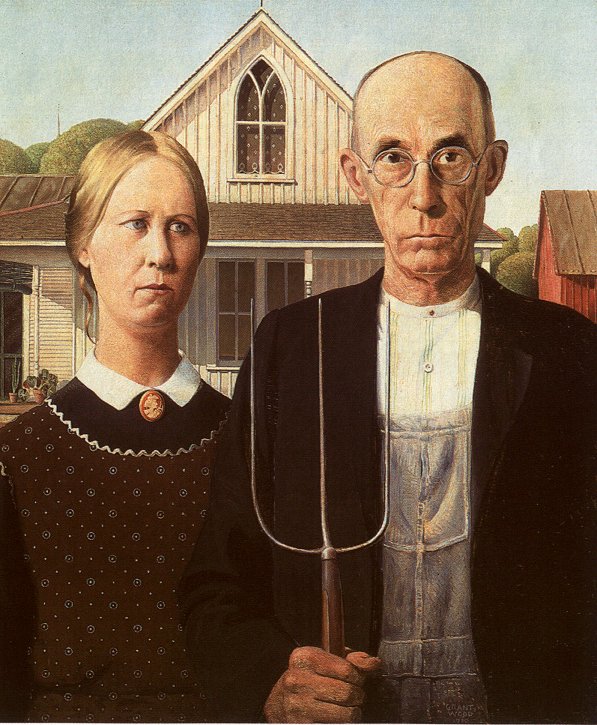The protestant work ethic sounds like a great idea on the surface to me, everyone working and saving up money to make it to the after life. It also encouraged self denial in order to save up the money that would get you into the after life. The goal of life on earth was getting to the after life and being successful in work would apparently get you there. Work was also viewed as something to keep you away from "idle hands" because those would lead to sinful ways. Everything was aiming to the future prospect of salvation, and not in the present time.
After the Industrial Revolution and the Great Depression had come and gone, a new America was left. There was new needs and new wants. All of which the Protestant work ethic did not encourage. These new things focused on happiness and the good life, not hard work and salvation. Leisure activities have been encouraged by everyone, which were previously viewed as leading to sinful ways.
From this new capitalism, Judis points out that feminism, sexual liberation, and environmental movements. All of their goals are aimed to achieving the good life whether it be equal opprotunity or healthier living styles. These things probably would never come from Protestant ethic era because they focus only on the afterlife.
In both views of work, the labor being done is still a means and not an end. From the Protestant work ethic view, labor is the means to which you get to salvation in the after life. You do it to get somewhere later after you are dead and gone. The present view on work is a means to get to happiness and leisure time that you can do what you love. You work to get money to "buy happiness" like traveling or golfing.
Personally, I would rather live in today's society than the Protestant work ethic era. Despite the "moral decline" being debated because of physical pleasure, leisure, and different goals of life. Back then, it seems everyone worked, and when you weren't working you worked some more so you wouldn't commit sin. Not only that, but you inherited your job from your parents. There seemed no time to do things you loved. Now, happiness is encouraged, despite more conservative people look at it as sin. Getting a job you love, not one that is a means, is encouraged though Judis does not discuss this in his essay. Finding an end in the present life is more possible now, than it was back
 then. (They look excited to be working)
then. (They look excited to be working)
No comments:
Post a Comment